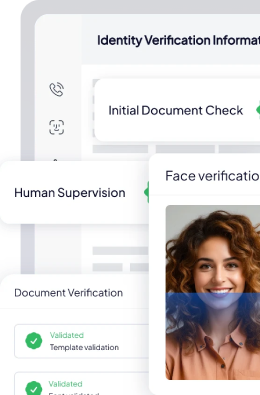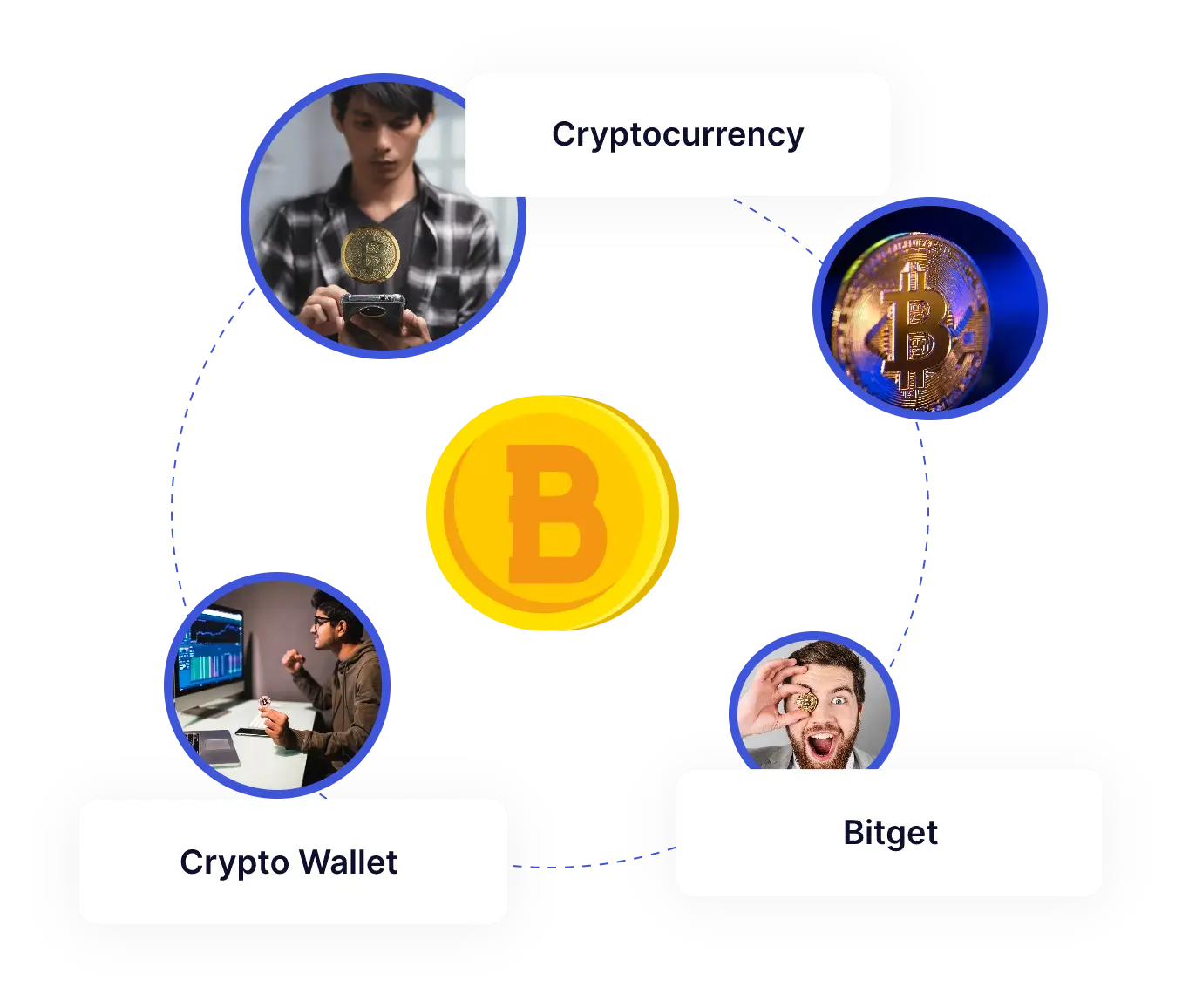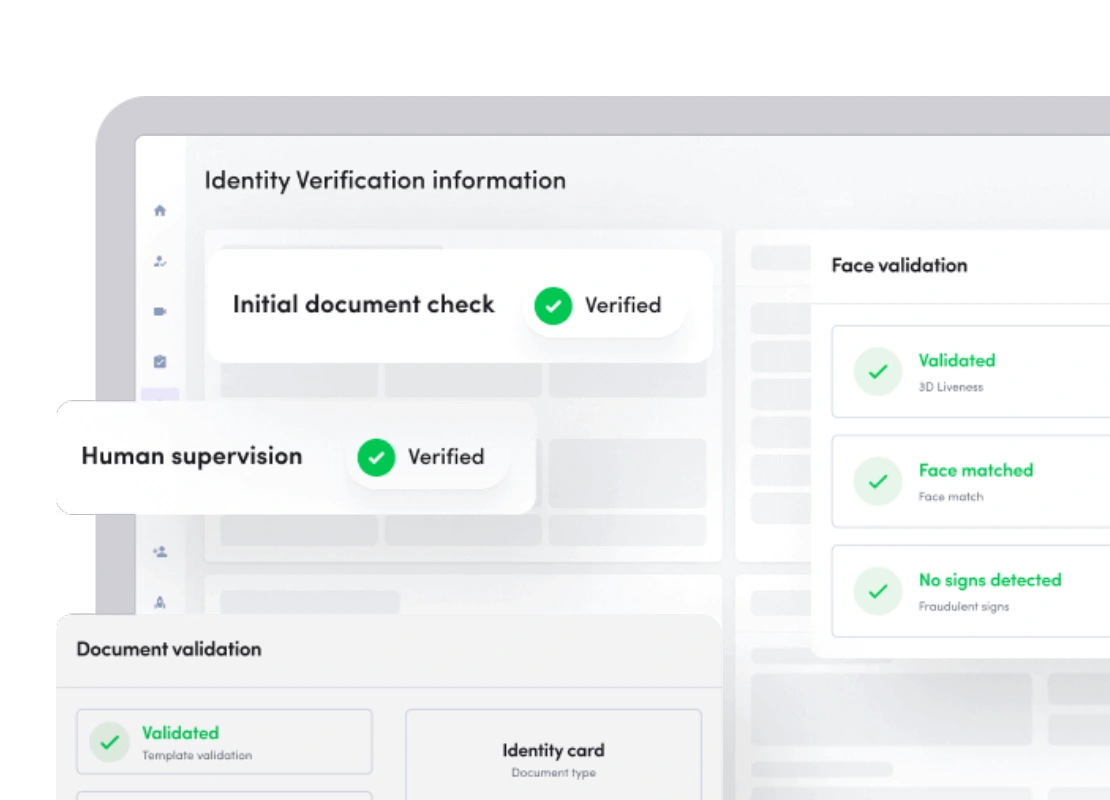Frequently asked questions?
What are the most common types of crypto fraud?
Common crypto fraud types include phishing scams, fake investment schemes, rug pulls, impersonation scams, and malware attacks. Always verify sources before sharing personal or wallet information.
How can I identify a phishing attempt?
Phishing attempts often come as emails, messages, or websites mimicking legitimate services. Look for misspellings, suspicious links, or urgent requests for personal information. Never click on unsolicited links or download attachments from unknown sources.
Is it safe to share my wallet seed phrase or private key?
No. Never share your wallet seed phrase or private key with anyone. Anyone with access to them can control your crypto assets.
How can I verify if a crypto project or exchange is legitimate?
Check for a valid regulatory license, review its online presence, look for independent reviews, and avoid projects that promise unrealistic returns. Always use well-known and reputable platforms.
What should I do if I suspect I’ve been scammed?
Immediately report the incident to your crypto platform’s support team and relevant authorities. If possible, revoke wallet permissions and freeze your assets. Time is critical in reducing further loss.
How can I secure my crypto wallet?
Use hardware wallets, enable two-factor authentication (2FA), update software regularly, and never store keys or credentials in plain text or online.
What are red flags in crypto investment offers?
Watch out for: Promises of guaranteed or high returns Pressure to act quickly Lack of transparency Unverifiable team members No clear roadmap or utility
Does using a centralized exchange protect me from fraud?
While reputable centralized exchanges implement strong security measures, they cannot fully protect users from social engineering, phishing, or user-side mistakes. Always practice good security hygiene.
Still have any question? Please contact our sales team



